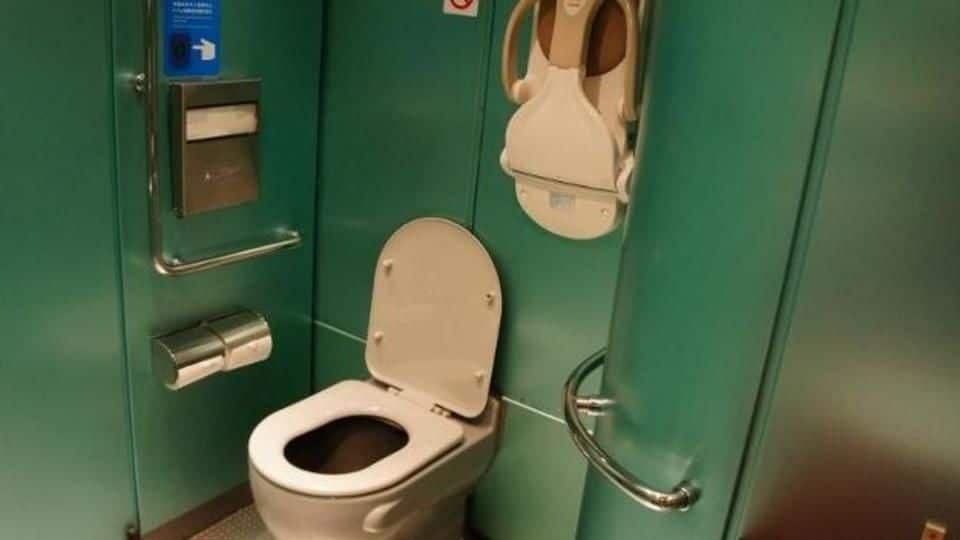
Railways to introduce bio-toilets on all trains by 2018
What's the story
Lack of cleanliness on Indian trains, particularly in the toilets, has always been a huge issue. Passengers often complain about the extremely dirty and unhygienic toilets. However, after the introduction of bio-toilets on some trains, over the last few years, such complaints have come down to some extent. The Railways Ministry now wants to install bio-toilets in all trains by Dec'18. Know more!
Target
Instead of 2019, bio-toilets goal to be achieved by 2018-end
According to reports, the Ministry of Railways has advanced the target for 100% completion of bio-toilet installation in all rail coaches to Dec'18 from 2019. This decision was recently announced at a side event - Indian Transport Sector: Marching towards sustainable mobility - organized by the Railways Ministry at the Conference of Parties (COP-23) at Indian Pavilion in Germany's Bonn.
About
About the bio-toilets on trains
Until the introduction of bio-toilets, trains had no system to treat human waste, which had always been emptied on to the rail tracks. In bio-toilets, human waste isn't thrown out on the tracks but digested by anaerobic bacteria, which convert it into water and biogases that are released after disinfection. Over 900 trains currently have bio-toilets either in some or all of their coaches.
Details
Indian Railways' contribution to Swachch Bharat, ODF India
At the event, Ministry of Railways' Member (Rolling Stock), Ravindra Gupta, who is currently on an official tour to Germany, presented the "quintessential role of Indian Railways in promoting sustainable mobility." Explaining about the government's mission of Swachch Bharat and an Open Defecation Free (ODF) country, Gupta emphasized how Indian Railways' innovative measures through bio-toilets are contributing to the cleanliness initiative.
Initiatives
Low carbon transport initiatives by Railways
The Railways Ministry organized two sessions as part of its side event, which was attended by 50 national and international members, including policy makers, speakers, and industry representatives. While the first one focused on Railways' efforts towards achieving a low carbon pathway (electrification, energy efficiency initiatives, renewable-energy deployment, etc.), the second session highlighted the overall sustainable mobility initiatives take by the Indian transport sector.
Information
Partners for the event
The Ministry's side event was organized in partnership with various government institutions like the Council on Energy, Environment, and Water (CEEW), The Energy and Resources Institute (TERI), FICCI (Federation of Indian Chambers of Commerce & Industry), and RITES (Rail India Technical and Economic Service).